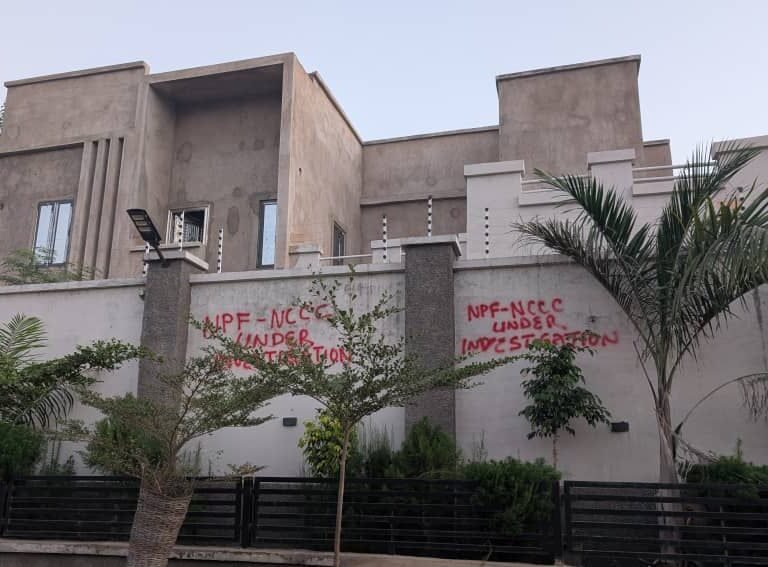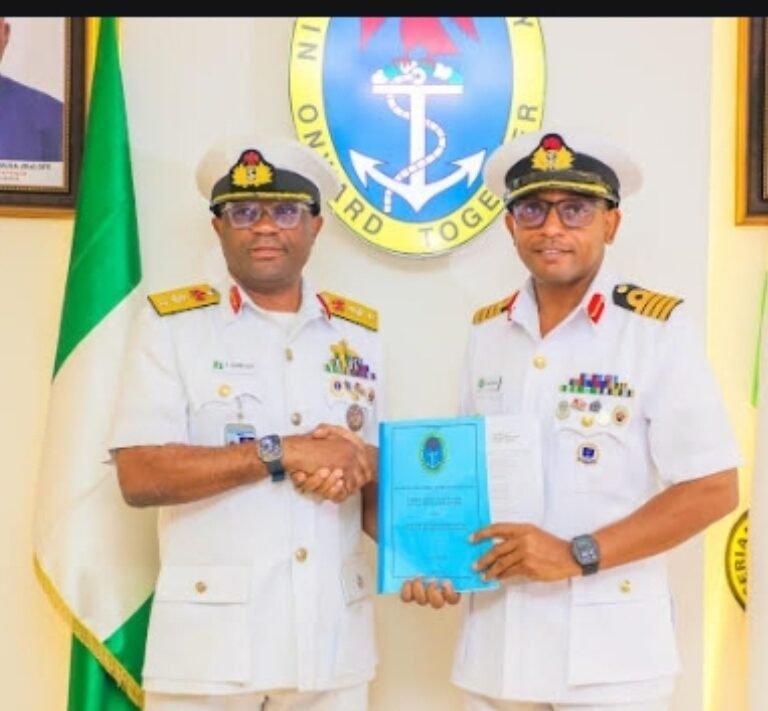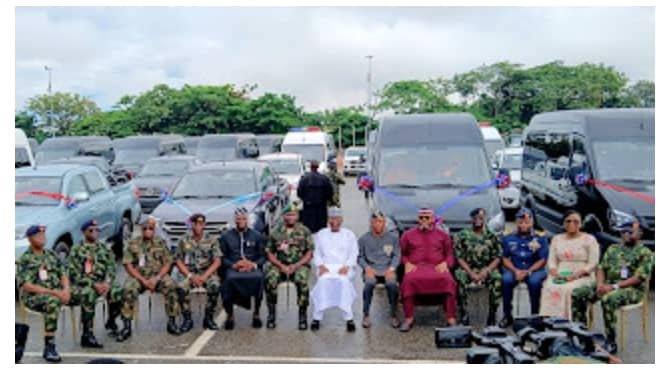
By Ihotu Uriel
Abuja, July 2, 2025, In a significant stride toward energy sustainability and improved military logistics, the Defence Headquarters (DHQ) has officially integrated a fleet of Compressed Natural Gas (CNG) vehicles into its operations. The commissioning ceremony, held on Tuesday, July 1, 2025, at the Mogadishu Cantonment in Abuja, marks a pivotal moment in Nigeria’s shift toward cleaner energy in the defence sector.
The initiative is a collaboration between the Ministry of Defence and the Presidential Initiative on Compressed Natural Gas (P-CNGi), and reflects the Federal Government’s strategic vision to modernize public sector operations while promoting climate-conscious policies.
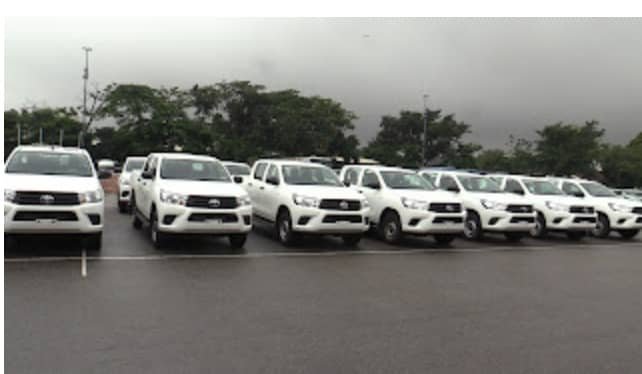
The CNG vehicles were formally handed over to the Chief of Defence Staff (CDS), General Christopher Gwabin Musa, by the Minister of State for Defence, Bello Matawalle, who described the development as a direct fulfilment of President Bola Ahmed Tinubu’s Renewed Hope Agenda and Nigeria’s broader clean energy goals.
“This transition is not just a response to climate change it is a deliberate, long-term commitment to energy security and economic efficiency,” Matawalle declared. “With Nigeria’s abundant natural gas reserves, it is both logical and visionary to leverage these resources for national development, starting with the defense sector.”
The Minister noted that integrating CNG vehicles into the Armed Forces’ fleet would significantly reduce operational fuel costs and cut down greenhouse gas emissions. He emphasized the importance of developing supporting infrastructure, including refuelling stations and technical training centres across military installations.
“This initiative underscores our adaptability and innovation in military logistics. The Armed Forces must now integrate sustainability into all logistic operations and procurement frameworks,” Matawalle said.
The Chief of Defence Staff, General Musa, praised the initiative as a milestone in aligning Nigeria’s military operations with global environmental and energy efficiency standards. He described CNG as a cleaner, safer, and more affordable fuel alternative.
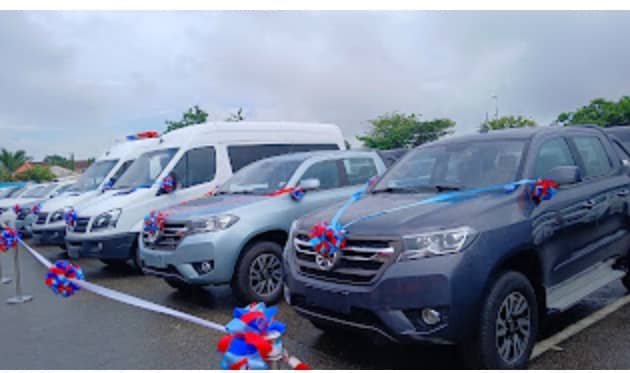
“This marks a shift in our operational strategy that goes beyond national security it supports national development,” General Musa noted. “We are proud to be the leading public institution in transitioning to sustainable energy solutions.”
He commended the Presidential Initiative on CNG for its professionalism and commitment to the success of the project, affirming that the Armed Forces would serve as a model for similar initiatives across other sectors.
Programme Director of the Presidential CNG Initiative, Engr. Michael Olugbemi, revealed that over 70 Nigerian Army vehicles have already been converted to CNG, with plans to expand to over 5,000 vehicle conversions. The programme has also commissioned high-capacity CNG buses for the Nigerian Army and initiated personnel training.
“We are not stopping here,” said Olugbemi. “We’re currently in talks with the Navy, Air Force, and Defence Headquarters to expand training and conversion centres nationwide. Becoming energy-independent is not optional it is essential.”
Chief of Defence Logistics, Maj.-Gen. Gabriel Ochigbano, disclosed that DHQ has activated its electrical and mechanical engineering facility to support CNG vehicle conversion and personnel training. He confirmed that other security agencies would also benefit from this strategic partnership.
The event was graced by top dignitaries, including the Minister of State for Defence, the Permanent Secretary of the Ministry of Defence, the Executive Chairman of the Presidential CNG Initiative, senior military officers, and members of the P-CNGi team.
With this milestone, Nigeria’s Defense Headquarters not only strengthens its operational capacity but also signals a new era of innovation and sustainability in military logistics and public sector energy use.



